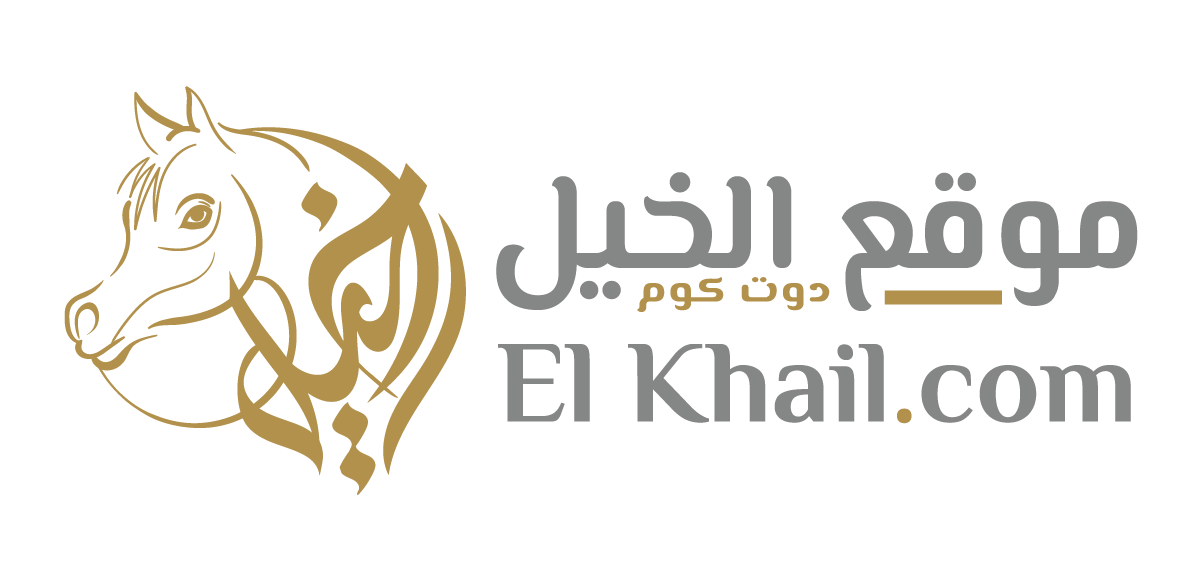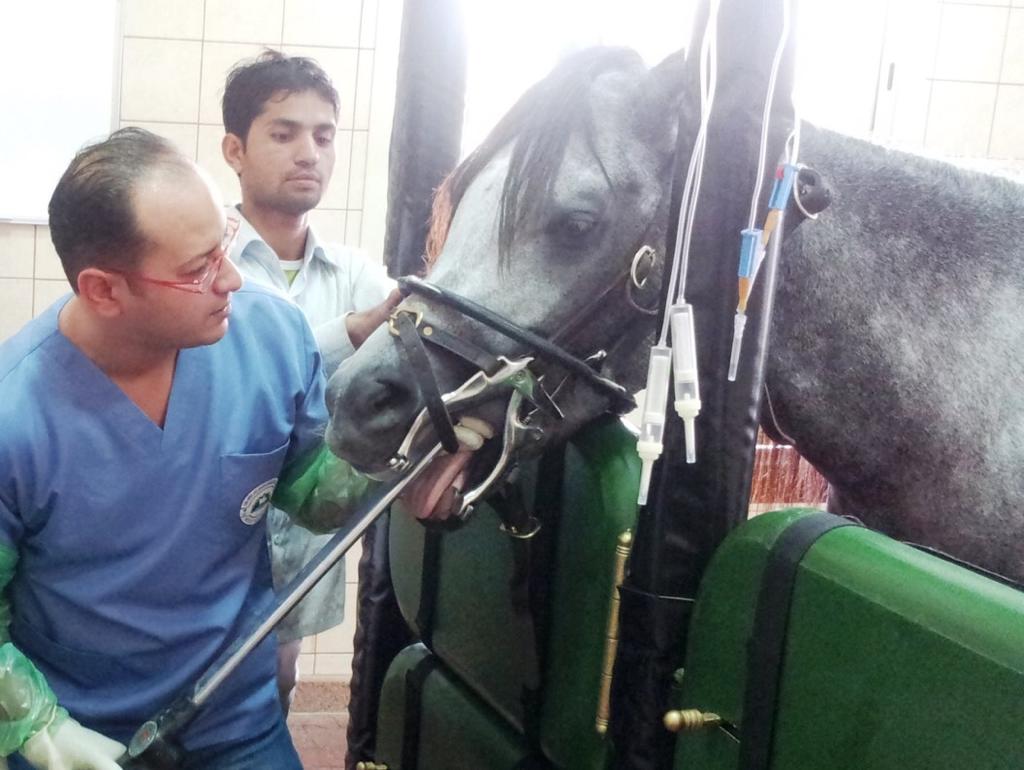Problems with “chewing behavior” appear on the health of horses as “chronic wasting”.
Horses’ teeth undergo many changes during their life and grow continuously, so it is easy to tell a horse’s age by the shape of its teeth. The surface of the teeth is always subject to erosion through the chewing process, so it is constantly renewed, and one of the natural behaviors of horses is their way of chewing food and when the chewing process occurs, this stimulates the salivary glands that increase their secretion and aid in the digestion process.

When a horse chews food well, it makes good use of the food provided to it, which has a good effect on its health and appearance, because the food will be better digested by the intestinal system to the nutrients that the horse needs.
In some cases, problems arise regarding chewing behaviors that appear prominently on the health of the horse, such as “chronic wasting”, which is caused by dental problems. It is recommended that the horse’s teeth be checked periodically by the specialist veterinarian once every 6 months or maximum once a year.
Carving teeth for horses
Age stages in horses have special problems with teeth, such as the emergence of permanent teeth with the presence of deciduous teeth with the emergence of sharp teeth or the so-called cuneiform teeth in adult horses, as well as tooth loss in elderly horses, and it should also be noted that fractures of the teeth may occur as a result of horse chewing stones or gravel .
And with the specialist veterinarian, the appropriate tools are available that he can treat horse teeth problems, with discovering whether dental problems are the main reason why horses stop eating or the wasting symptoms that appear on them, and there are some birth defects that appear on horse’s teeth since Her birth, which requires contacting the specialist veterinarian, including: “The lower jaw is longer than the upper jaw or the upper jaw is longer than the lower jaw.”






